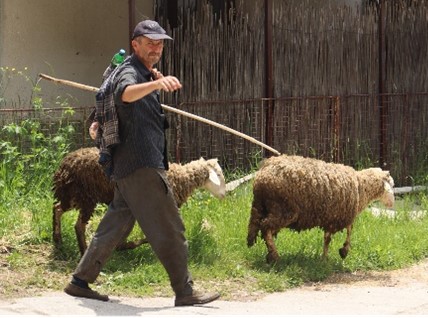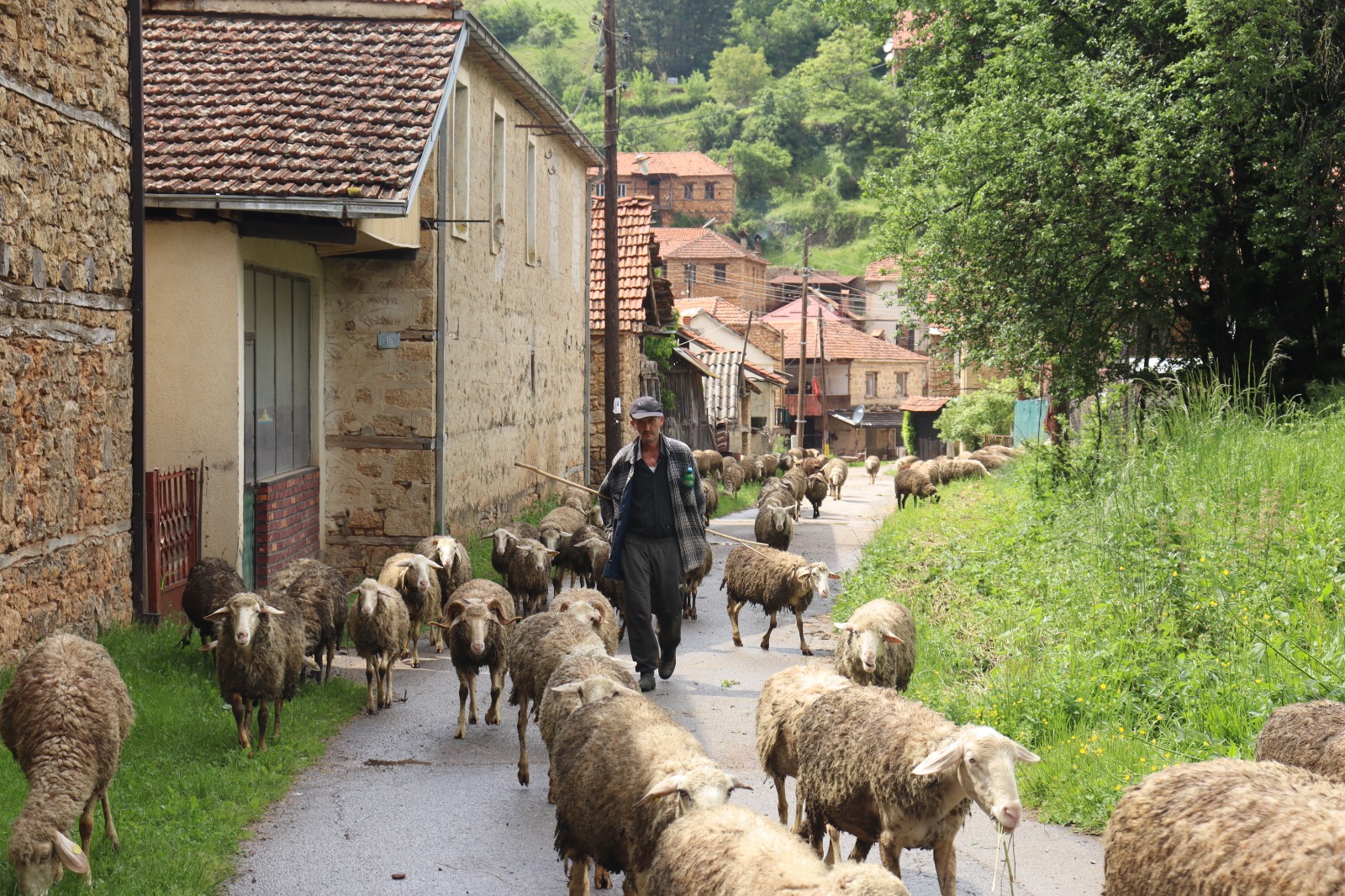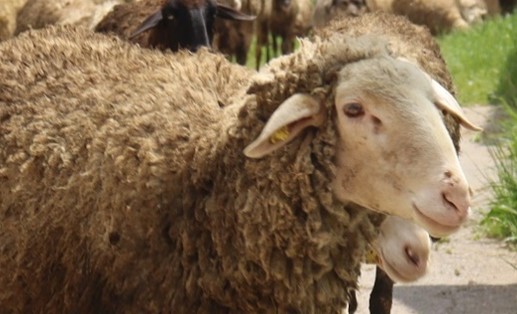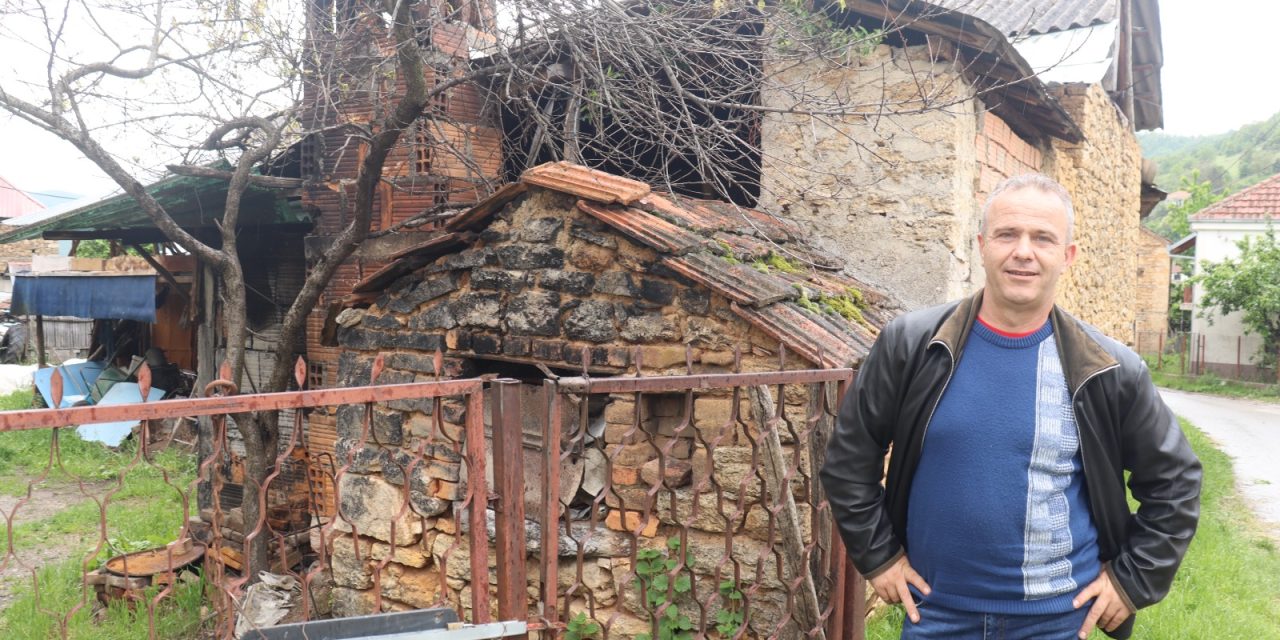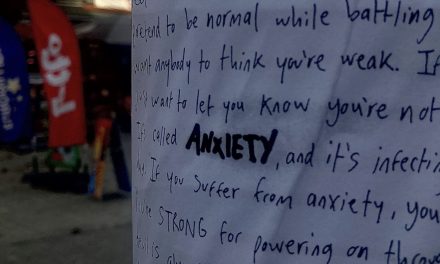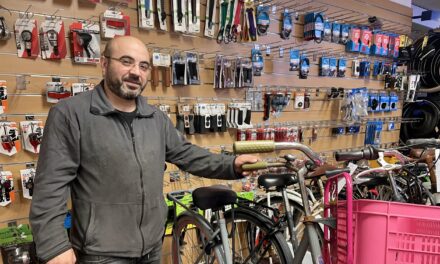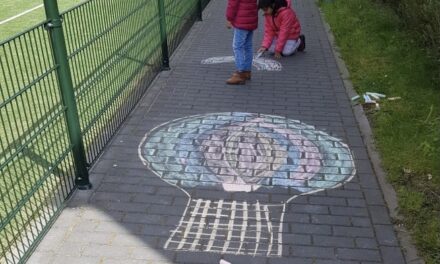‘’In the winter of 1970, I met the love of my life, Not the kind of love people have now, but the kind of love that lasts forever and you just know it. Like tradition, I rode on a horse, trough a one-meter pack of snow, to another small village 14 kilometer ahead, where the woman I wanted to marry lived. I picked her up and rode the whole way back to my home village Velmej and then the wedding Ceremony could begin. A three-day traditional ceremony with the whole village and the family of the bride. I feel happy when I think back about it. In the years after we were lucky to have three children of our own. Unfortunately, my wife, who’s name is Vosa, passed away a few years ago. I still visit her by her grave every day since she passed. I bring coffee and talk to her, and in my home, there are a lot of things of the wedding ceremony that reminds me of her.’’ Says Krste.
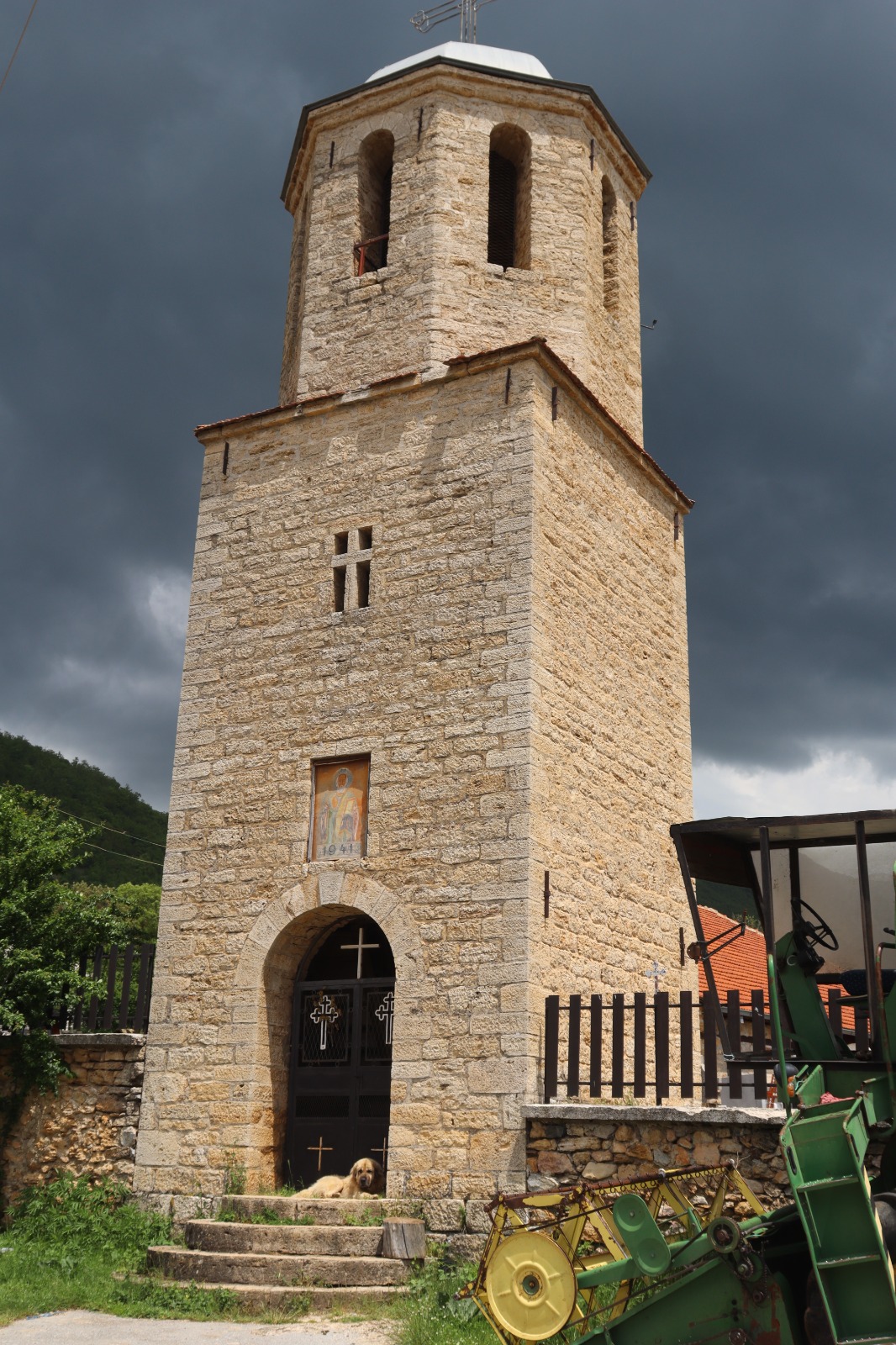
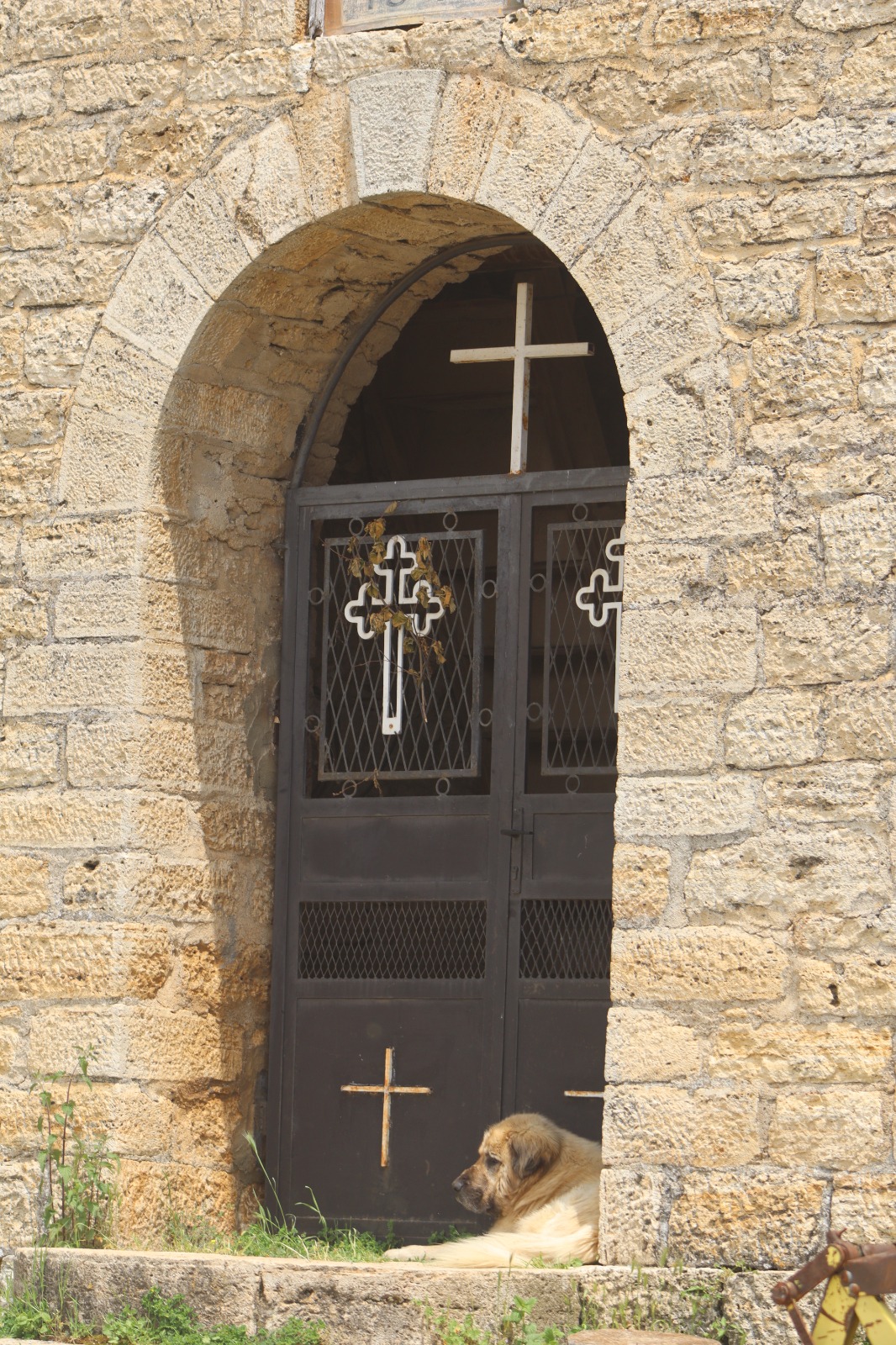
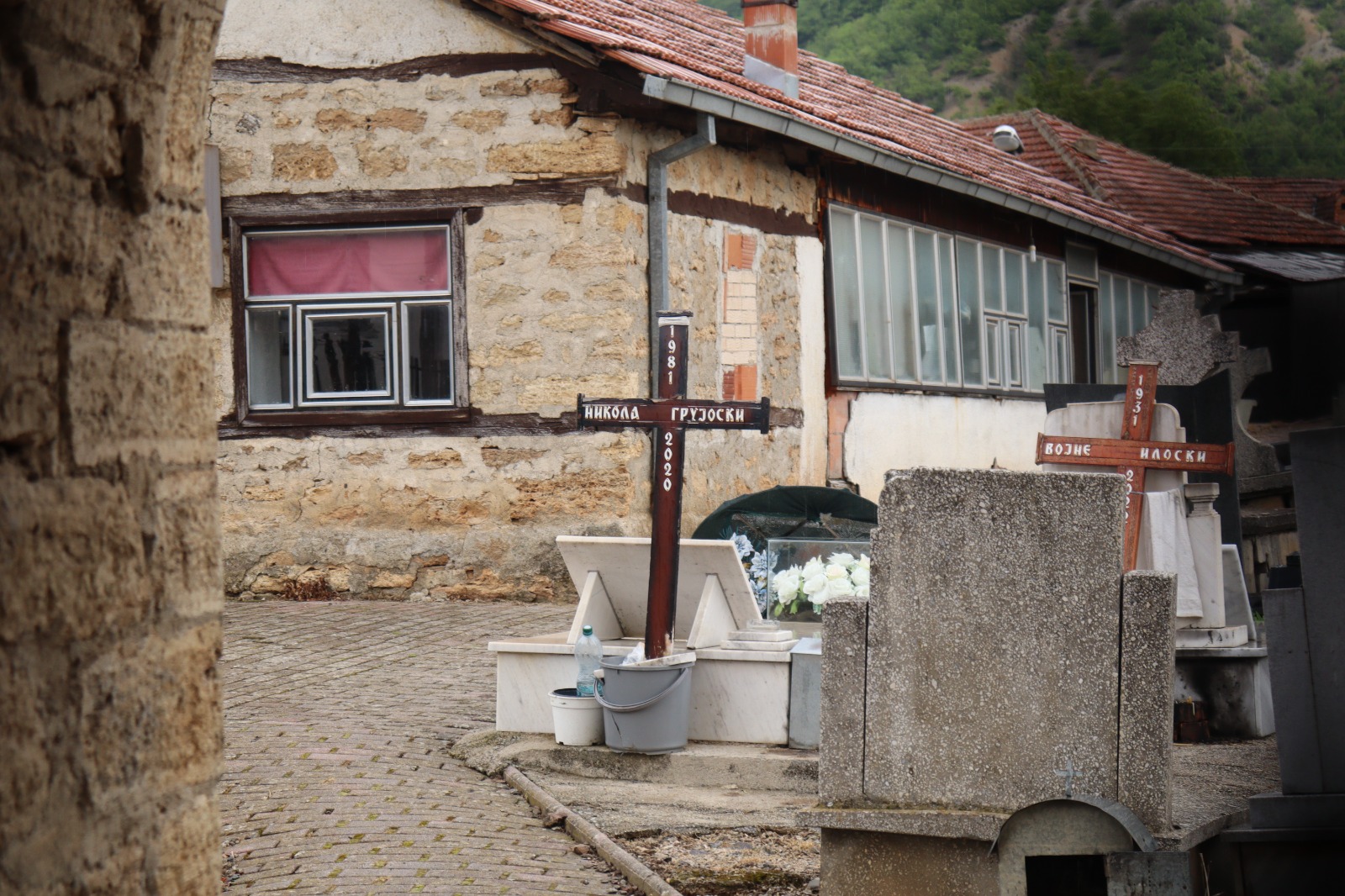
Wedding Ceremony
In Velmej, a small village in North-Macedonia, they have a special wedding ceremony where they bring all kind of traditions in place. The thing that makes this wedding ceremony different then other wedding ceremonies it that there is a tradition that does not happen in the rest of Macedonia. In the west side of the village is a fountain named Istok, what means East. The ceremony that takes place is ‘’bringing water to the bride’’. ‘’ We celebrate this part of the ceremony with a lot of people. The whole village and the family of both sides will be there and will stand around the fountain dancing and singing. The couple who gets married will stand beside Istok in front of everyone’’ says Goce Totti Kuzeski who lived his whole life in the Village. The ceremony symbolizes purity, blessings, and the beginning of a new life together. The believe is that is the couple will go to the water, the marriage will be good and without problem. The tradition stayed for a long time, even when a lot of modern developments happened. ‘’unfortunately, 3 years ago was the last ceremony, this was before the corona pandemic happened. During and after that time, young people moved to bigger cities and wanted other things. They did not want to except the rules of the old traditions anymore and they don’t want to celebrate for three days. They now want to get married in a hotel and make it more modern than the tradition is’’ says Goce. Especially for grandparents but also parents it is hard to see that cultural traditions like these are changing and even disappearing. ‘’I feel a bit sad about that. We lived our whole life according to these traditions, we don’t know a time that it was different, and now it is all changing. For us these traditions are important’’ says Krste.
Small village to a big city
Back in the days Velmej had 1000 habitants, now there are only 200 people left in the Village. Young people are moving away from small villages and moving to the bigger city. This is not only a problem in Macedonia but in a lot of other countries as well. In Europe, the population is also divided. 75 % of the population lives in urban areas and 25 percent of the population lives in rural areas. As you see in the graphic, there is an upgoing line already from 1950 till 2020 and the prediction says that this line will keep growing.

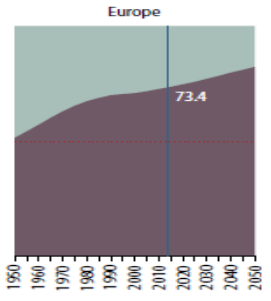

Research says that it is mostly young people that are moving to urban areas due to globalization. There are more opportunities in the bigger cities. There are better education opportunities, better healthcare, more social activities, and access to be involved in politics and a more modern culture. The movement of those young people influences the villages they leave behind. The population will go down and schools but also social events, health care and culture will become less. Like you can see in Velmej is that there is no health care in the village itself and that there are a lot of houses that are not useable anymore, they are broken, and no one can live there anymore. Besides that, mostly the youth is moving to bigger cities, rural studies from Tim Leibert and Karin west show that it is mostly woman who want to move to bigger cities. The reason behind this is that woman is getting more independent and want a higher education then back in the days. The rural areas don’t have enough job opportunities for them, and they mostly feel a stricter social control around them as men. In the bigger cities they have more freedom and more jobs.
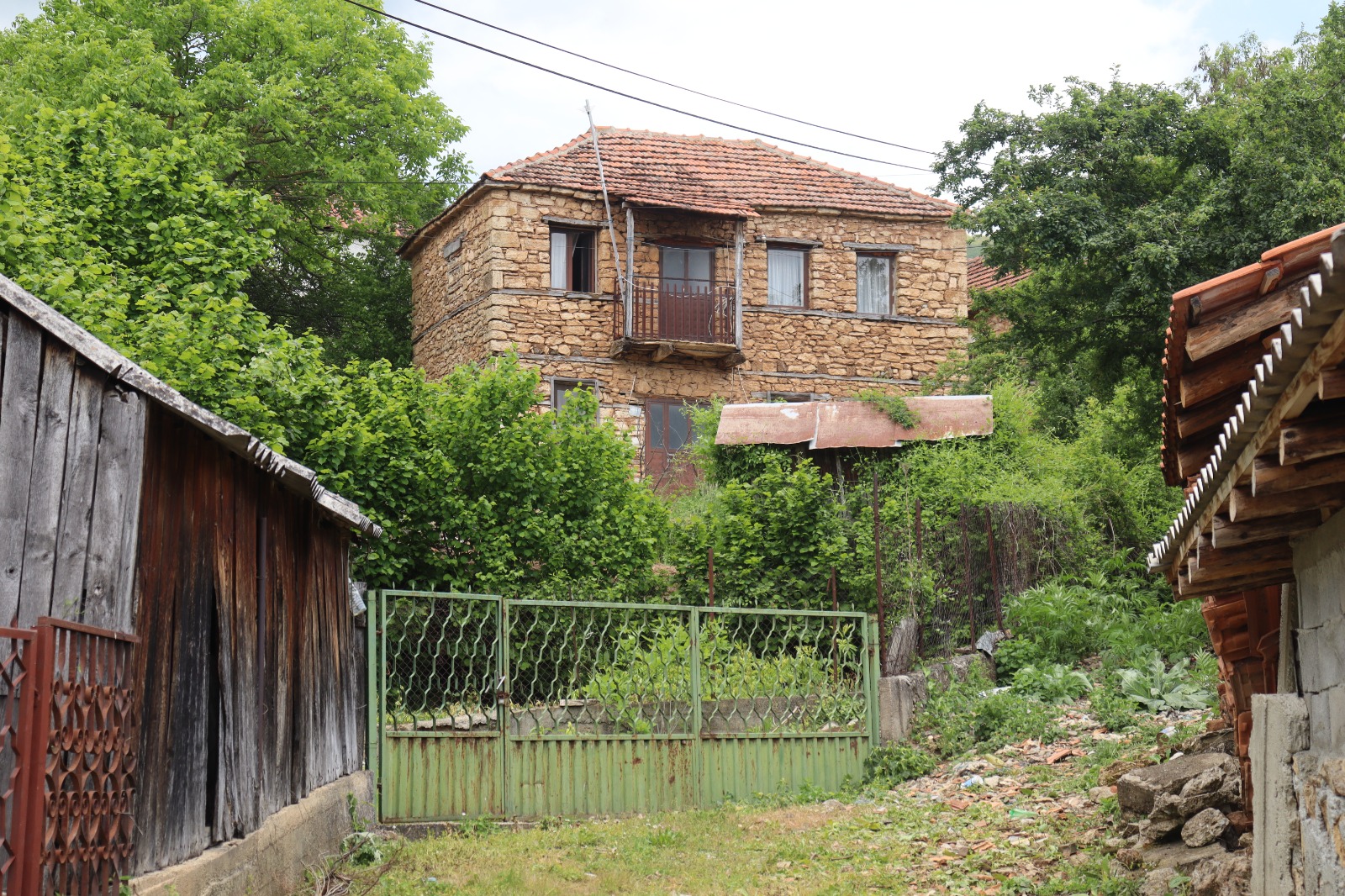
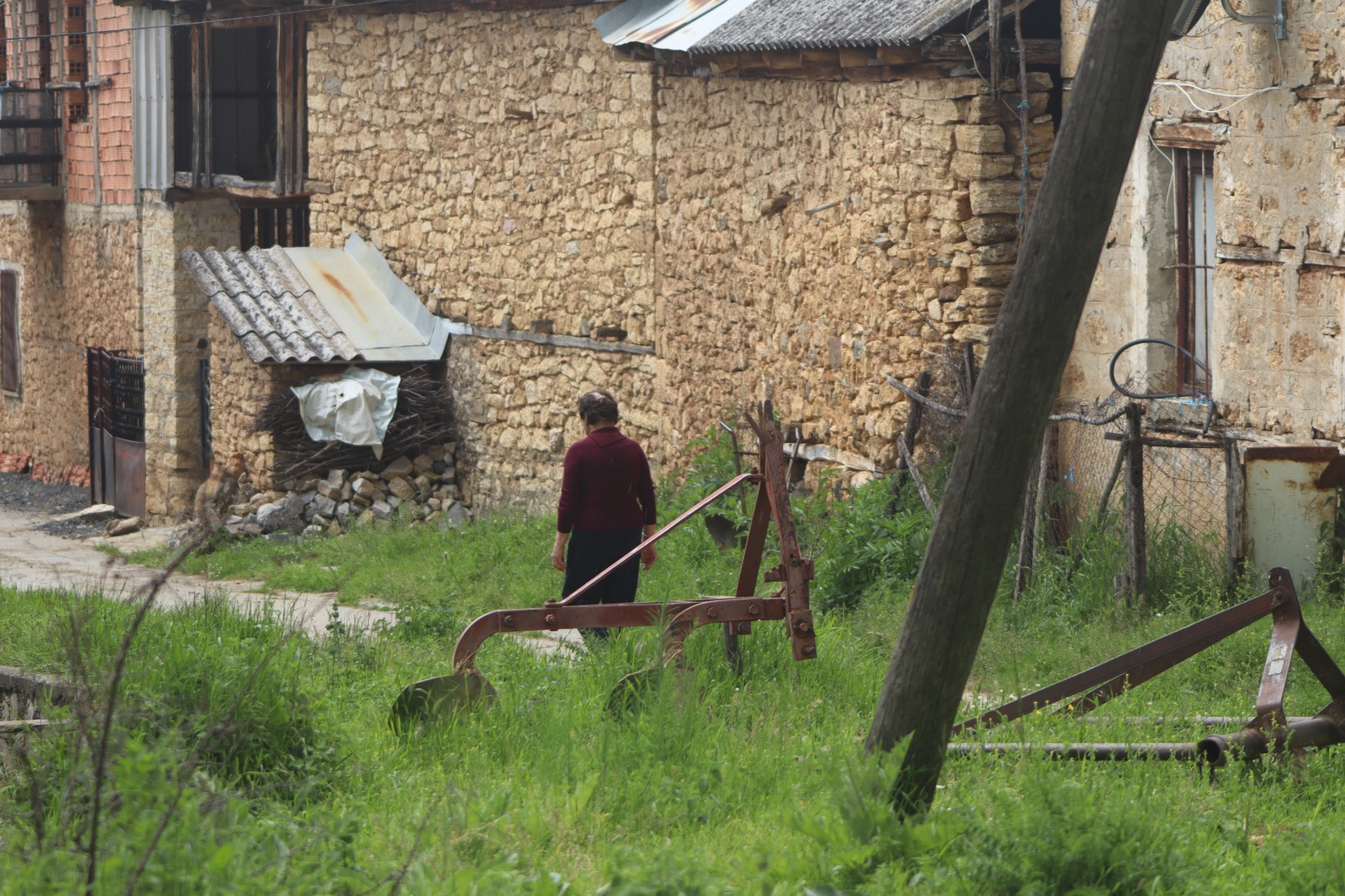
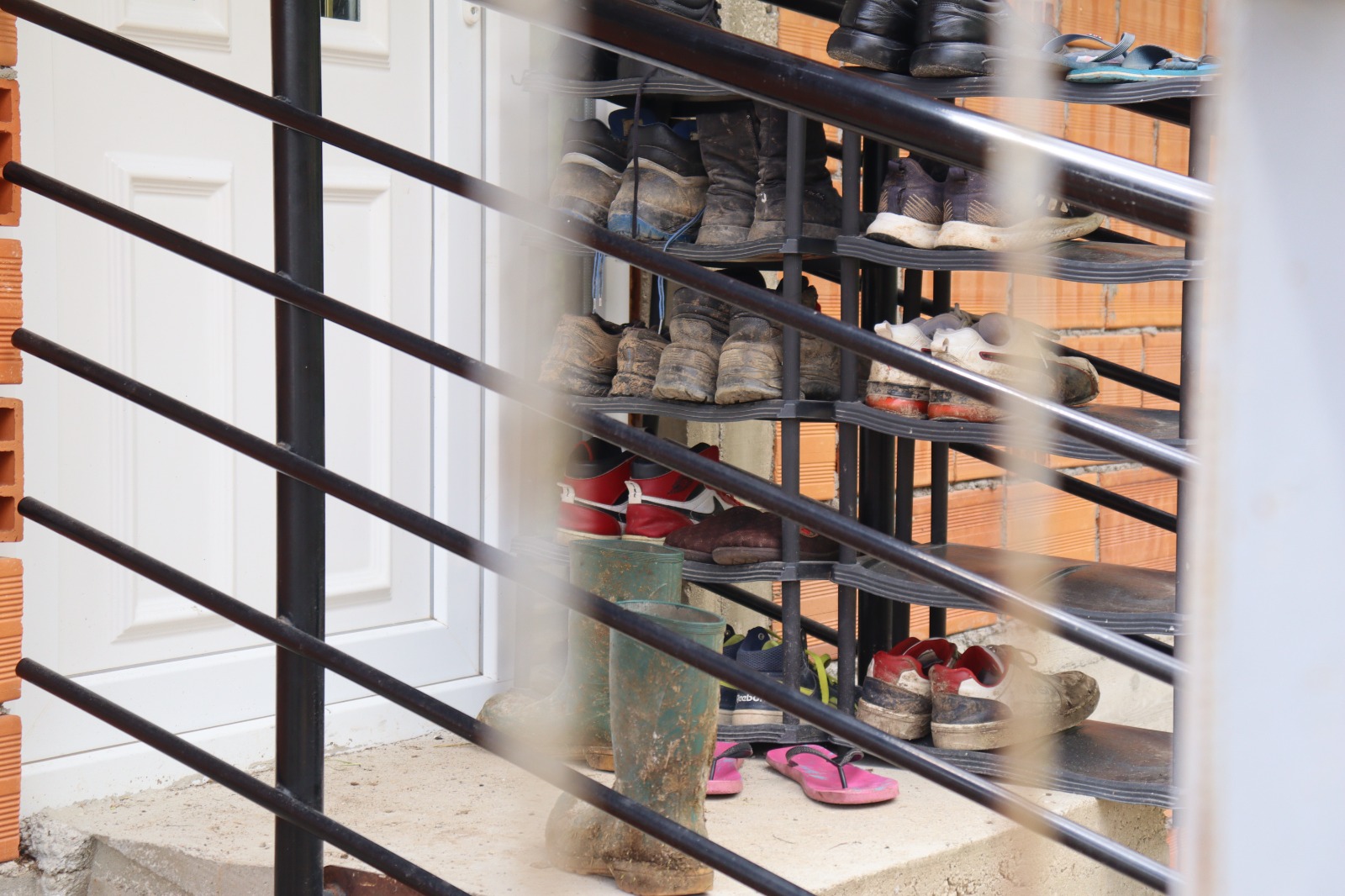
‘’Istok’’
Not only serves Istok, the fountain in Velmej as a wedding ceremony. It also is the purest water source to be found in Nort-Macedonia. The water, which comes from the river skrebatska, has a never-ending water flow that comes through the mountain and divides the water in 18 sources that runs trough the whole village. The system what is now called Istok was built in 1982. Nowadays it still serves as a water source where people get there drinking water and come together. Because of the purity of the water people see it as an important and symbolic place.
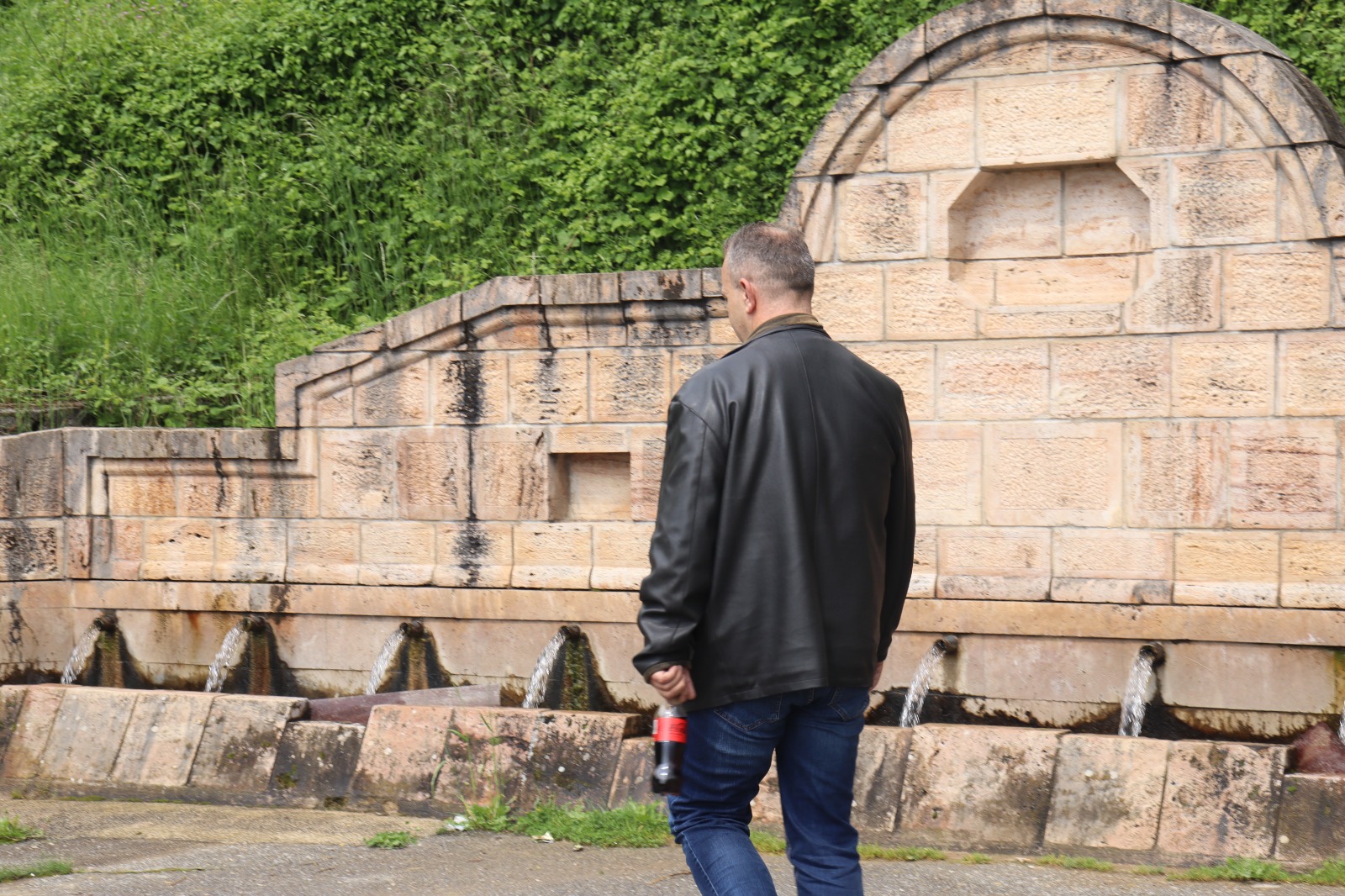
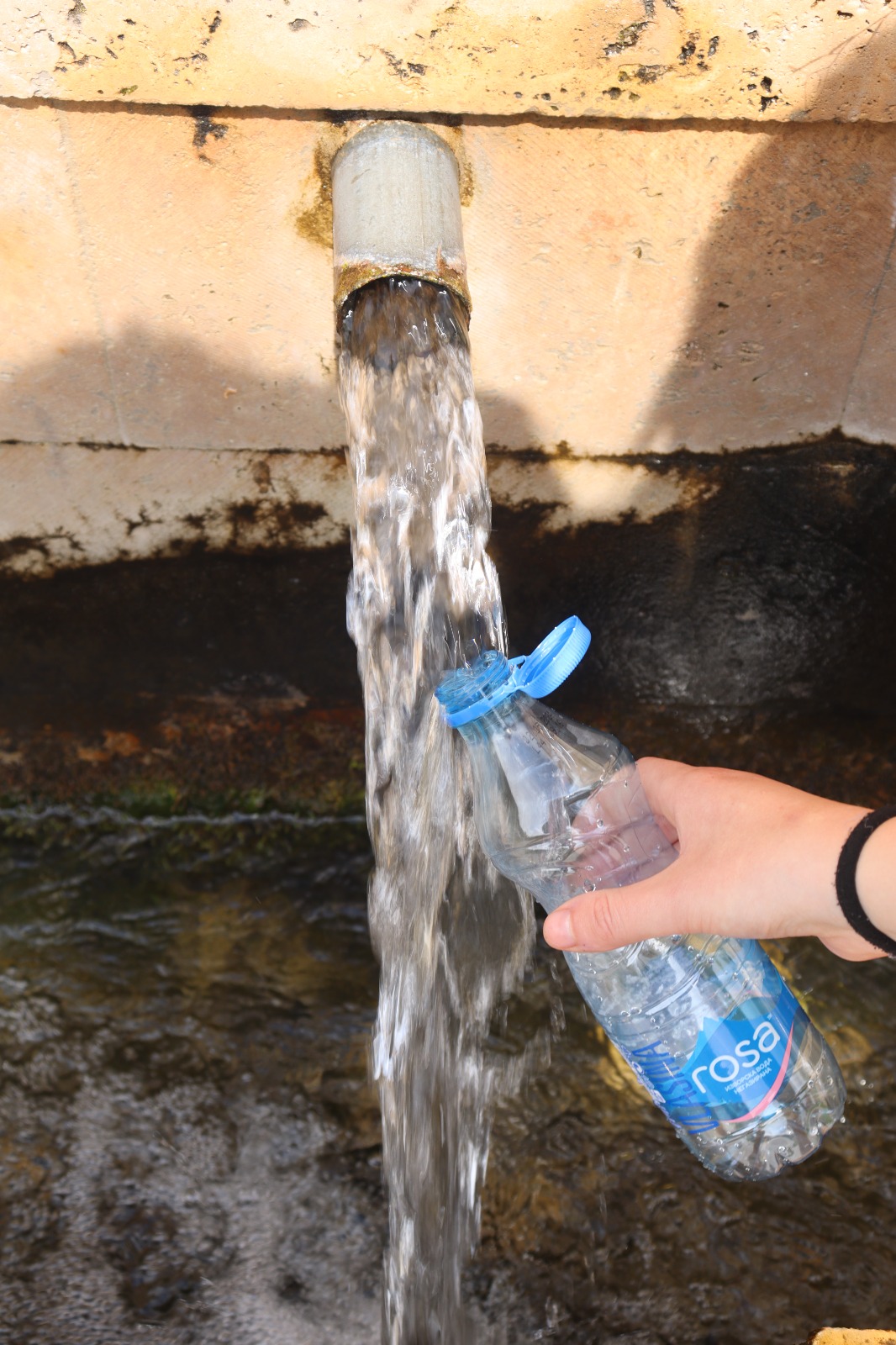
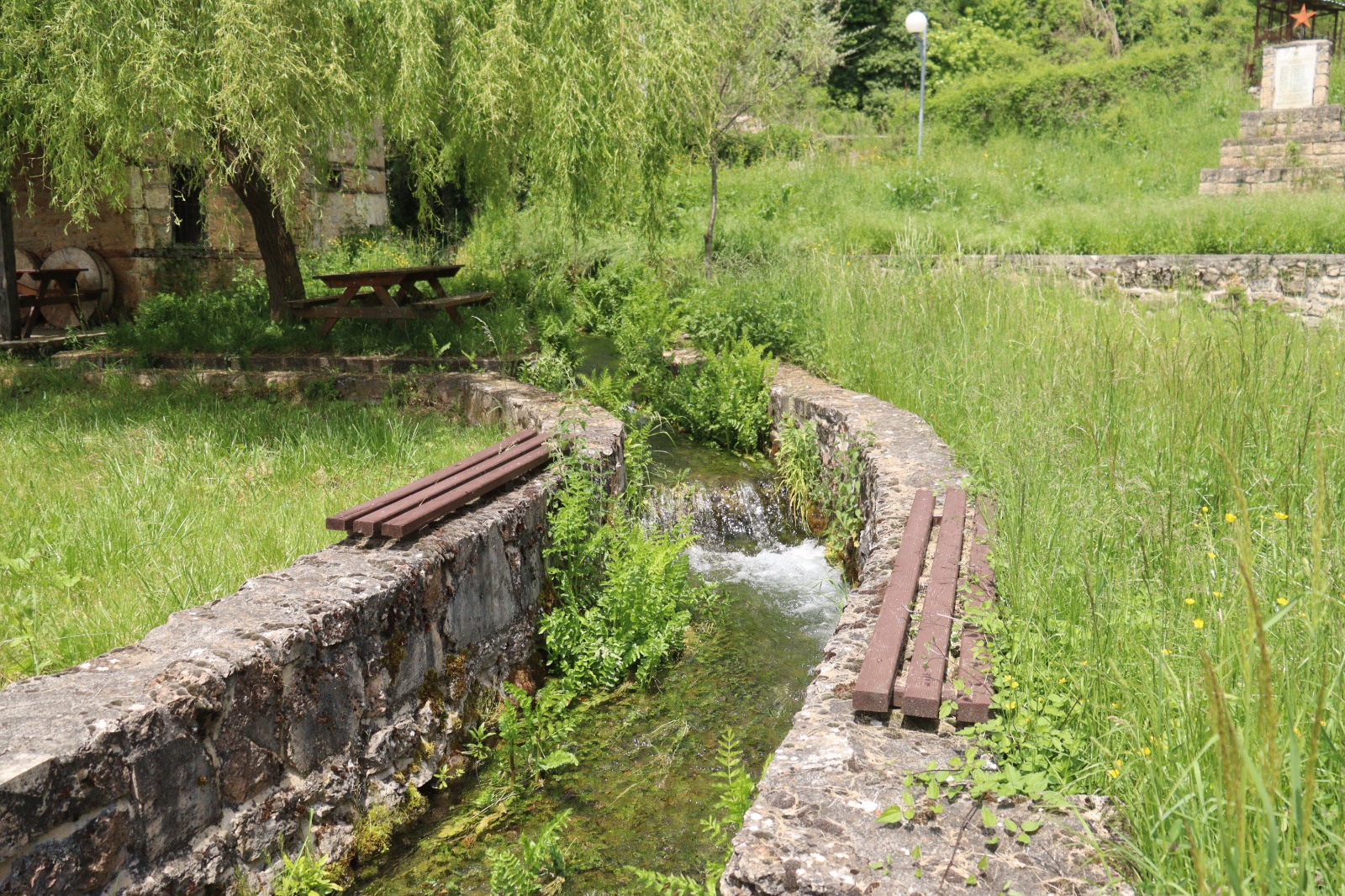
Wedding Rituals
Not only the fountain is import during the Velmej wedding ceremony, but the ceremony also lasts for 3 days where traditions take place and people celebrate the marriage. Before the wedding ceremony start, the son in law will go to his father-in-law with a bottle of traditional rakija to welcome the whole family of the bride to the wedding ceremony. ‘’ If the bride is from another village, then you must get the bride with horses or a bull and a wooden car and her Family from her own village. from son in low goes with horses or a bull to another village with a wooden car to get the bride, that is what Krst did as well’’ says Goce. On Friday family and friends will go to the Christian cross that stands on the highest point nearby the Village. ‘’we put beautiful flowers on the cross and very old towels, we also bring a bajrak (banner)’’ says Goce. The believe is that if you follow this ritual, you will be blessed. After that they will go to the home of the bride, to dance and sing on traditional music to end the day. On Saturday the groom will have a dinner with his family and friend and around 80% of the village will come to celebrate, except the family and friends from the bride. ‘’it is a big happening, there is traditional alcohol called rakija, the tradition is that we make it ourselves and we celebrate till mostly 03:00 or 04:00 in the morning’’. Says Goce. On Sunday the groom will dance trough the village with music and a homemade very old bag with gifts to bring to the family and close friends from the bride. After that all the people from the groom will go to the house of the bride to give gifts like, money and sheets. They will end the ceremony at Istok. ‘’almost the whole village will be there, even the people the family does not know, they stand on the side and watch the ceremony, it’s beautiful. At that moment friends and family will give gifts again, like towels, sheets or a white or black scarf and woolen socks. The closest family will give a very special gift, they give a ram to the couple. We give this because we believe that it is good for fertility so that you can have many kids.
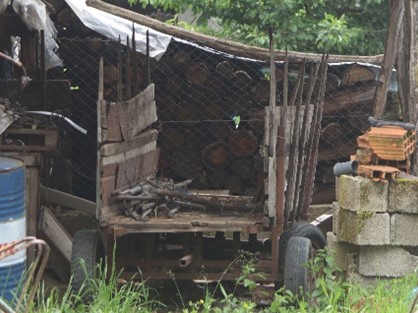
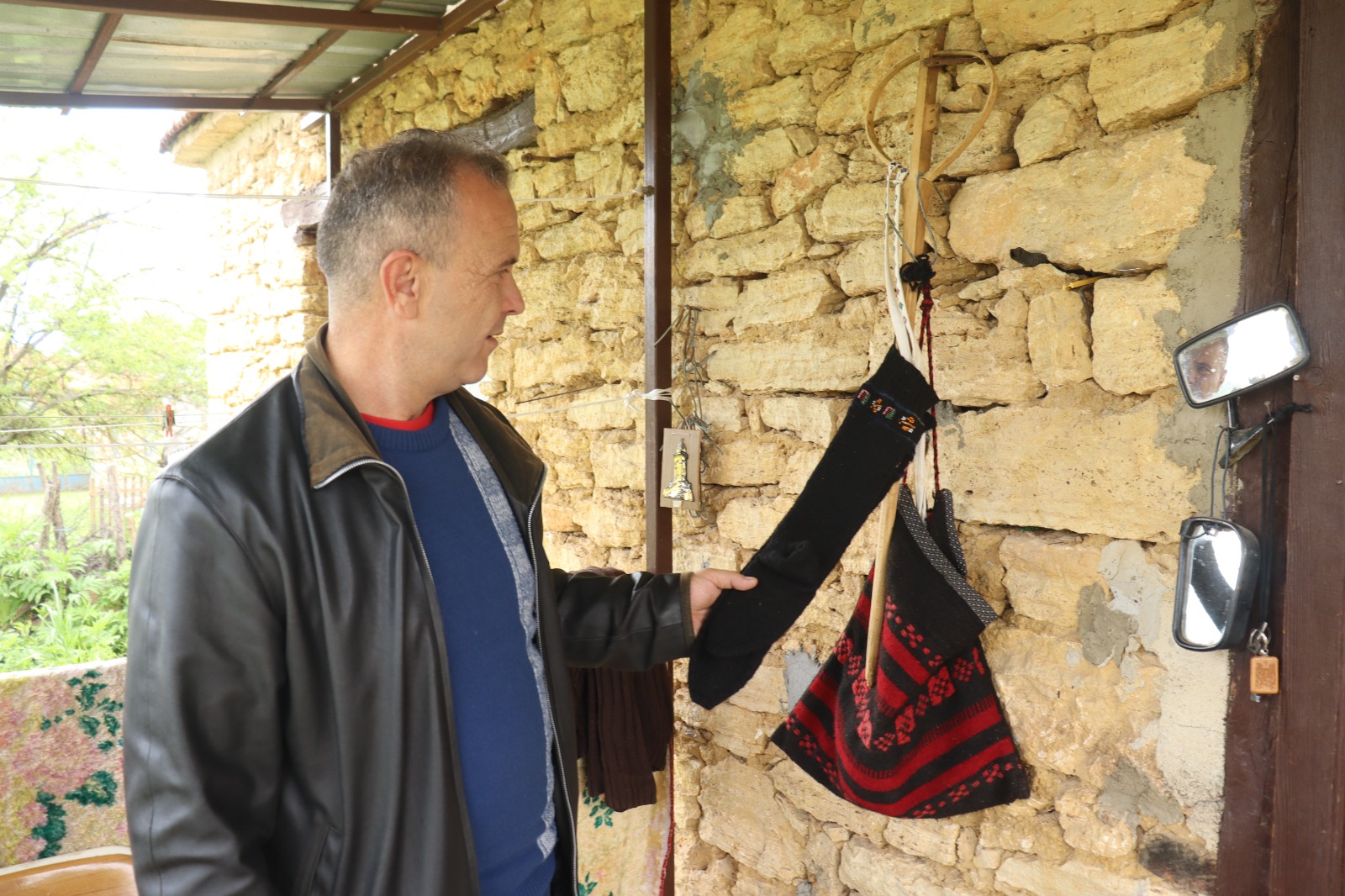
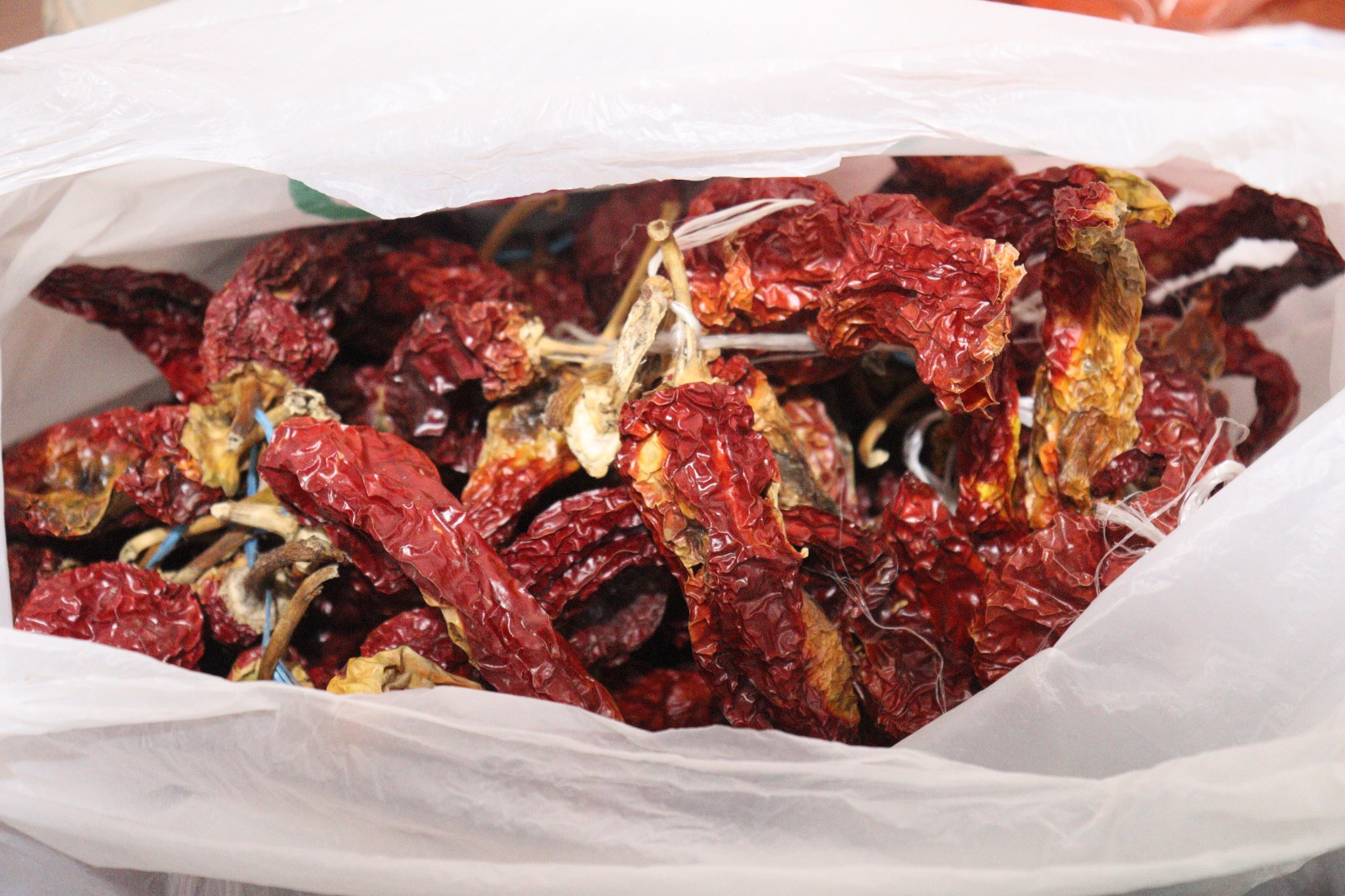
Old habits
The Village Velmej is special because of there wedding ceremony and Istok, but because of the little population they are also knows for there old habits. They still live a lot like they did 50 years ago and because of that they keep their traditions alive. Producing their own food like vegetables and cheese and making wooden and woolen crafts for the people in the village and for them self. There are not a lot of sources in the village they help each other out whenever they can and because of this it stays a community. There is one little shop in the village where you for example can buy a beer or a soda and little things like chips and tuna cans, and with to tables in front of the shop it also works as a very small bar where people can drink something together. Besides that, there is a sheep’s herder that walks through the village to bring the sheep to another place and to let them eat grass around the area and during the year the sheep’s give milks and they make sheep’s milk from it.
